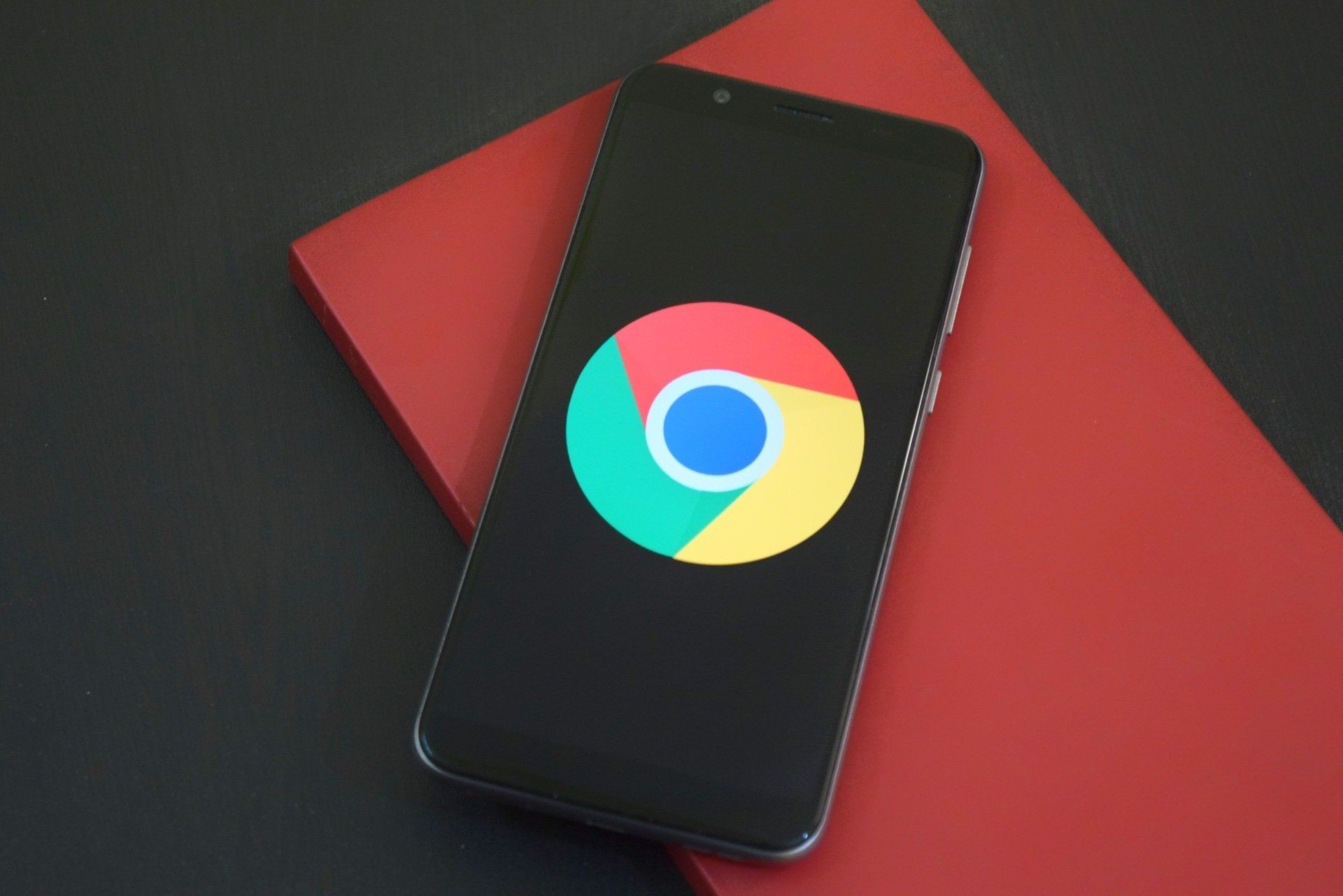As the digital landscape continues to evolve, Facebook Ads remain one of the most effective tools for businesses looking to thrive in 2025. Despite the rise of new social platforms, Facebook’s advertising solutions have consistently proven to deliver results. Whether you're a small business owner, an e-commerce brand, or a service provider, Facebook Ads are more than just an option—they’re a necessity.
In this post, we'll explore how Facebook Ads in 2025 can help your business scale, attract targeted customers, and maximise ROI.
- The Power of Precision Targeting in 2025
One of the most significant advantages of Facebook Ads in 2025 is its advanced targeting capabilities. Facebook's powerful algorithm allows businesses to precisely reach their ideal customers by targeting based on:
- Demographics: Age, gender, job title, and more.
- Interests: Based on users' behaviours, pages they follow, or content they engage with.
- Location: Target specific cities, regions, or countries, ideal for local businesses.
- Purchase Behaviour: Facebook can even analyse purchasing habits, making it easier to find high-intent buyers.
In 2025, Facebook has enhanced these targeting options with AI-powered recommendations, allowing businesses to optimise their ad campaigns without extensive manual adjustments. The more data Facebook collects, the better it gets at reaching the right people at the right time, which results in higher conversion rates.
2. Engaging Ads with Video, AR, and Interactive Features
Video ads are nothing new, but in 2025, they’ve become even more interactive. Augmented Reality (AR) ads and immersive video formats are revolutionising the way businesses engage their audience. Imagine a customer being able to try on sunglasses virtually through a Facebook ad or exploring a 360-degree tour of a luxury property—all through their mobile device.
These interactive ad formats not only increase user engagement but also create memorable experiences that foster stronger brand connections. Engaging content leads to higher click-through rates (CTR) and, ultimately, better returns on your advertising spend.
3. E-Commerce Integration: Facebook Ads as a Shopping Hub
If you're in e-commerce, Facebook Ads in 2025 can do more than just drive traffic to your website. With Facebook Shops and Instagram Shopping integrations, businesses can now directly sell through their ads, making it easier for users to browse and purchase products without ever leaving the platform.
Facebook’s dynamic product ads allow businesses to automatically show relevant products to users who have shown interest in them on your website. Retargeting becomes a breeze—if someone views a product but doesn’t buy it, Facebook can automatically serve them a follow-up ad to encourage the purchase.
This seamless e-commerce experience ensures that businesses capture potential customers at every stage of the buying journey, leading to more conversions and higher revenue.
4. Optimised Ad Budgeting with Higher ROI
In 2025, Facebook Ads offer budget flexibility, allowing businesses to scale their campaigns based on their goals. You can set a daily or lifetime budget and let Facebook's AI optimise your campaigns in real-time to get the best results within your budget. Facebook Ads are also extremely cost-efficient, allowing even small businesses to compete with larger brands.
With tools like Automatic Placement, your ads can appear across Facebook, Instagram, Messenger, and the Audience Network, giving you maximum exposure with minimal effort. Plus, with Facebook’s enhanced analytics tools, you can track your Return on Ad Spend (ROAS) and measure the success of each campaign, ensuring that you’re getting the most value for your ad spend.
5. Improved Lead Generation with Facebook Ads
Lead generation is a key priority for many businesses, and Facebook’s Lead Ads in 2025 make it easier than ever to capture high-quality leads. These forms allow potential customers to submit their information directly through the ad, without having to leave the platform.
With features like auto-filled forms (based on user data), the process is seamless for potential leads, improving conversion rates and reducing friction. Lead Ads are perfect for businesses offering services, events, or downloadable content, making it simple to follow up with leads in a timely manner.
6. Real-Time Analytics to Optimise Campaigns
One of the most significant benefits of Facebook Ads in 2025 is the access to real-time data and insights. With Facebook Analytics and Ad Manager, businesses can closely monitor the performance of their ads and tweak them as needed. This ensures that your marketing efforts are always improving.
You can track key metrics such as click-through rates, conversion rates, cost per lead, and customer engagement, giving you a clear picture of how your ads are performing. The ability to continuously monitor and optimise campaigns based on real-time feedback means that you can scale your business faster, with fewer wasted resources.
Why Facebook Ads are Essential for Business Success in 2025
As businesses look to grow and scale in 2025, Facebook Ads remain one of the most powerful tools at their disposal. With advanced targeting options, interactive ad formats, e-commerce integration, and real-time analytics, Facebook Ads offer unparalleled opportunities for businesses to reach their audience, drive conversions, and achieve a positive ROI.
Whether you're a startup or an established enterprise, investing in Facebook Ads can help you unlock business growth and stay competitive in an ever-changing digital world.
If you haven’t already, now’s the time to integrate Facebook Ads into your marketing strategy for 2025 and beyond. With the right approach, your business can leverage this platform to drive new customers, build brand loyalty, and take your business to new heights.










